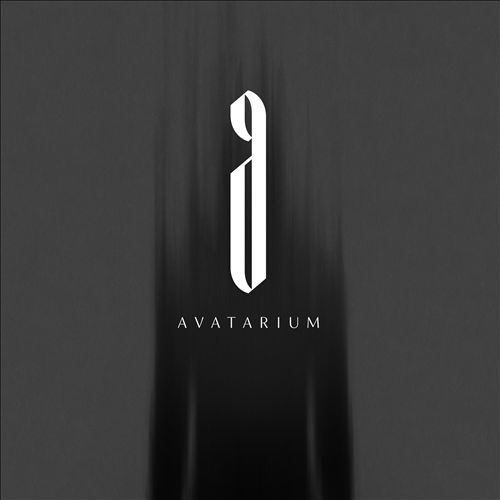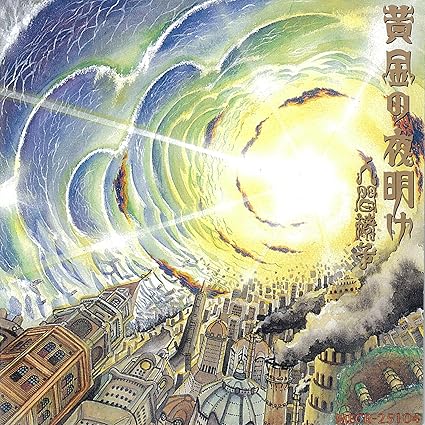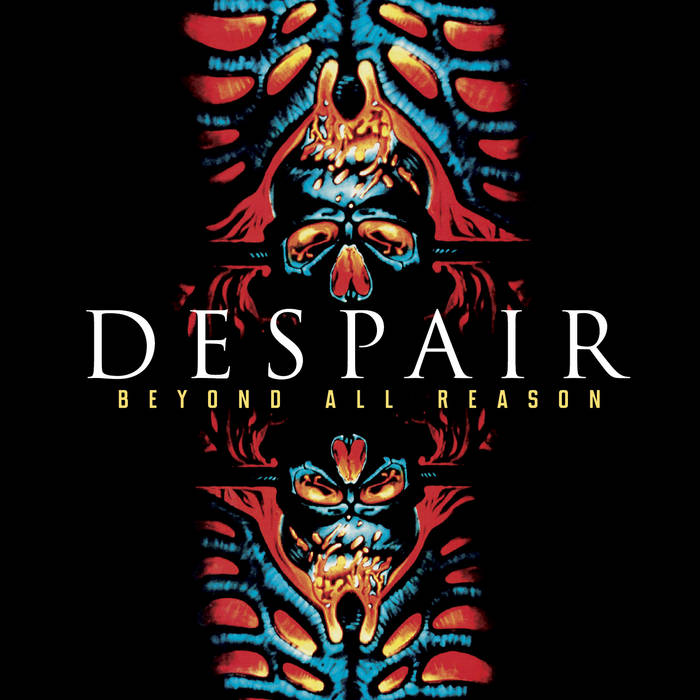Album of the Week 49-2019: Catharsis – Svetliy Albom

Sometimes it baffles me why some bands are bigger than others based on something as trivial as language. Several lower mid-tier power metal bands are drawing decent crowds throughout Europe, while a fantastic band like Catharsis is approached with caution simply because they sing in Russian. Because make no mistake, Catharsis is one of the better symphonically tinged power metal bands around. Their sixth album ‘Svetliy Albom’ might serve as an excellent introduction to those who have never heard the band before, as it may just be the most well-rounded album the Moscow-based sextet has released so far.
Describing Catharsis’ music as symphonic power metal is accurate, but does paint somewhat of an incomplete picture of what the band sounds like. First of all, the riff work courtesy of Igor ‘Jeff’ Polyakov and Oleg Mission is notably more ballsy and bottom-heavy than that of most bands on the symphonic end of the power metal spectrum, occasionally sounding reminiscent of a less complex Symphony X. In addition, the production on ‘Svetliy Albom’ sounds somewhat mid-period Kamelot-esque in terms of bombast, but the overall atmosphere on Catharsis’ records leans significantly more towards rebellion and occasional melancholy. Catharsis never forgets the “heavy” in heavy metal.
What makes ‘Svetliy Albom’ one of their better albums is the presence of songs that exceed the already high standard Catharsis set on their preceding albums. ‘Vyshe Kubki!’ immediately became on of my favorite Catharsis songs due to the simple, but brutally effective syncopated rhythm and exciting atmosphere. Also, the understated nature of the song’s chorus is a masterstroke. Most of the other songs are excellent power metal tracks, each with their own distinctive features, such as the less symphonic, but more modern power metal leanings of Julia Red’s keyboards in the mid-tempo stomper ‘Catharsis’ and the relatively high tempo of the climactic ‘Vechniy Strannik’.
Even more climactic is my personal favorite of the album: opening track ‘Inoy’. It is astounding how well the composition succeeds at constantly adding a new layer of tension and that doesn’t even take the incredible voice of Oleg Zhilyakov into account. His dramatic, semi-operatic delivery is exactly what the song needs and he manages to give the song a longing, almost aching quality. That unisono melody of Mission and Red after each chorus is amazing as well. Elsewhere, ‘Verniy Angel Moy’ is one of the better power metal ballads I heard in a while due to its unusual structure.
Anyone who likes power metal and is not averse to a certain degree of theatricality must give Catharsis a chance. It is clear that for Catharsis, the songs come first and adding layers of bombast is only done if the song asks for it. They don’t overcomplicate things, but they also are no slaves to the verse-chorus structure. Many of their peers could learn a lesson or two from them. In addition, they have one of the greatest singers the genre has today in Oleg Zhilyakov. All of these aspects make ‘Svetliy Albom’ a record on which all pieces are in the right places.
Recommended tracks: ‘Inoy’, ‘Vyshe Kubki!’, ‘Vechniy Strannik’








